CoMobility
CoMobility is an international research project that wants to find out what can be done to make city dwellers choose alternative modes of transport over the car

 Project title
Project title
CoMobility
Co-Designing Inclusive Mobility
 Name of Beneficiary/Beneficiaries
Name of Beneficiary/Beneficiaries
- University of Warsaw
- Warsaw School of Economics
- Warsaw University of Technology
- Norwegian Institute for Air Research (NILU)
- On-site Foundation
- The Fridtjof Nansen Foundation at Polhøgda (FNI)
- City of Lublin
 Name of programme
Name of programme
International programmes
 Competition
Competition
IdeaLab Call for Full Proposals
 Project value
Project value
8 868 049,58 PLN
 Funding value
Funding value
8 868 049,58 PLN
 Project delivery period
Project delivery period
01.03.2021-01.03.2024
Meet our team
Our team consists of scientists from three Warsaw universities (UW, WUT and SGH), physicists and chemists (NILU) and anthropologists (FNI) from Norway, as well as members of the Warsaw NGO "On the spot" Foundation and representatives of the city of Lublin. We cooperate closely with the Institute of Environmental Protection - National Research Institute and the City of Warsaw. We also keep in touch with the City of Krakow and the Association of Polish Cities.
Meet the leaders of the CoMobility project consortium partners:
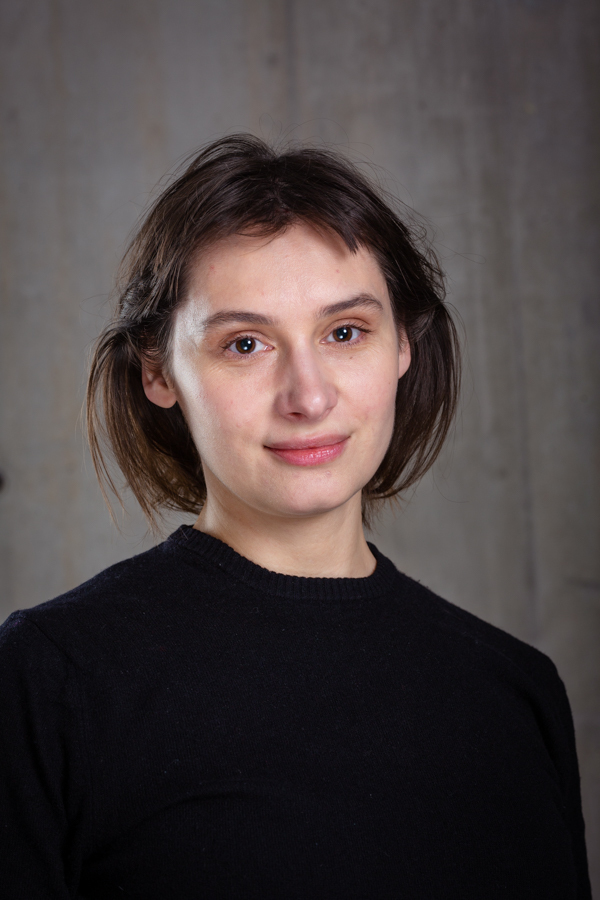
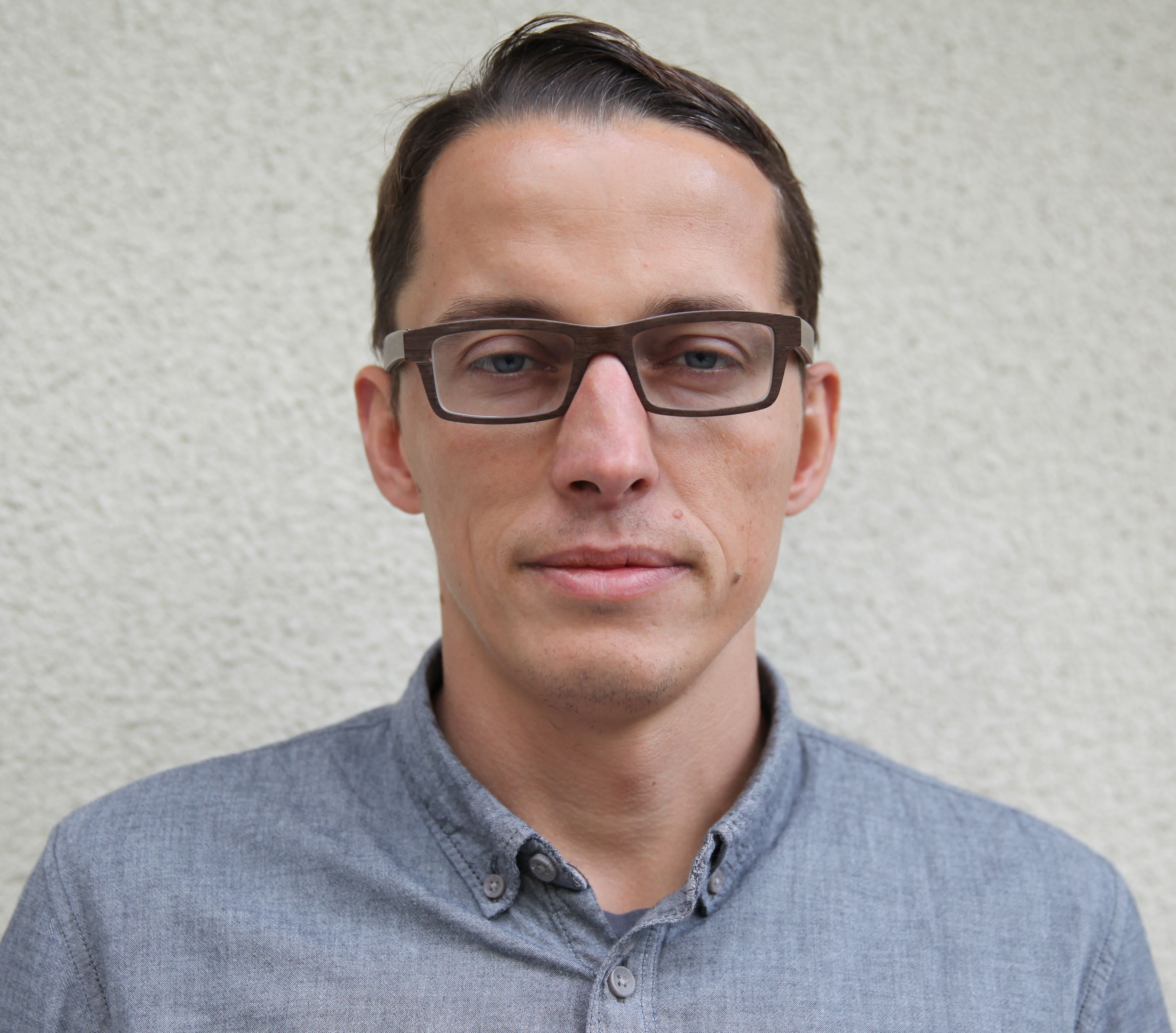
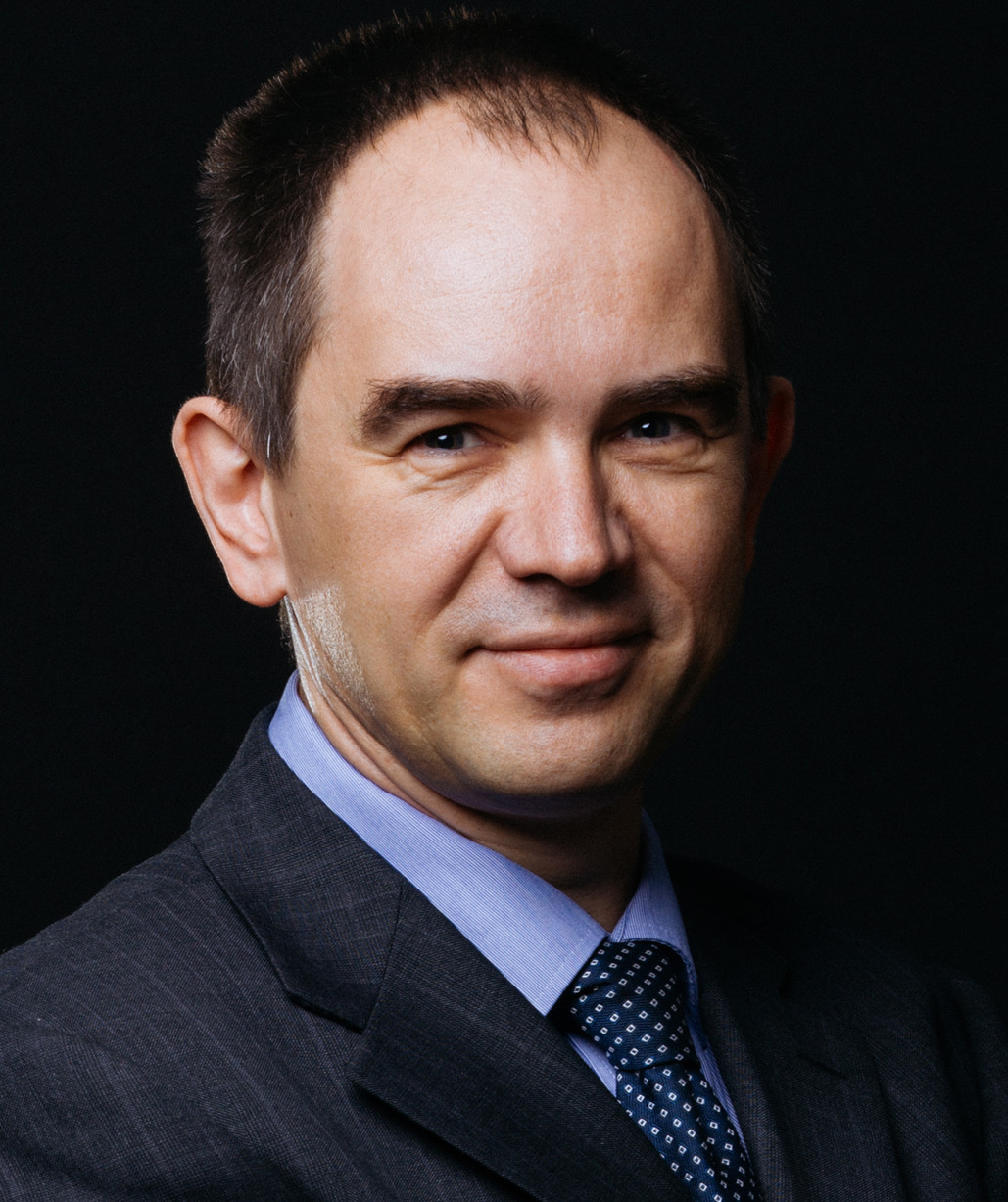
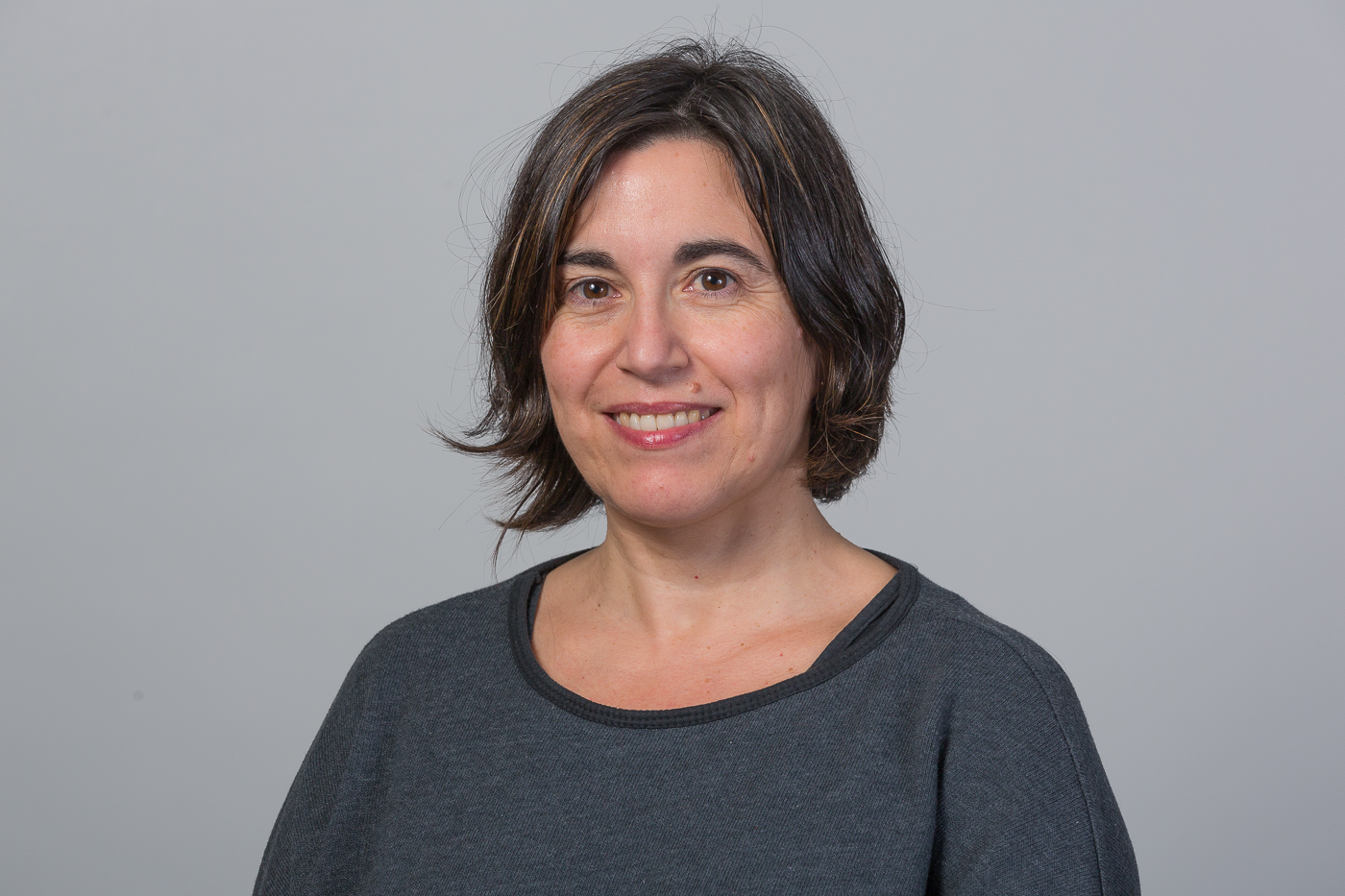
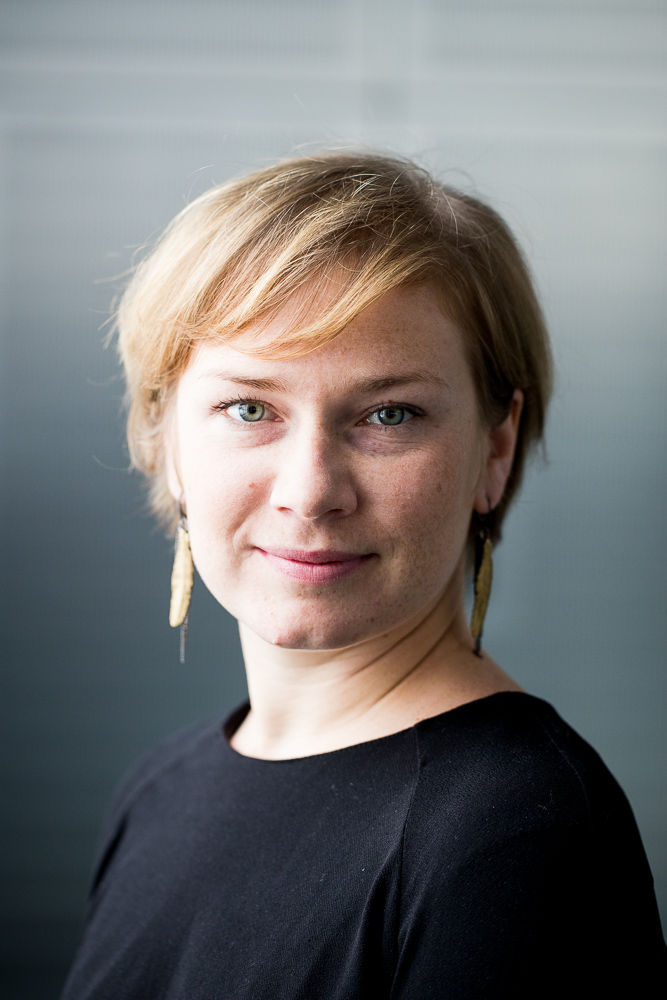
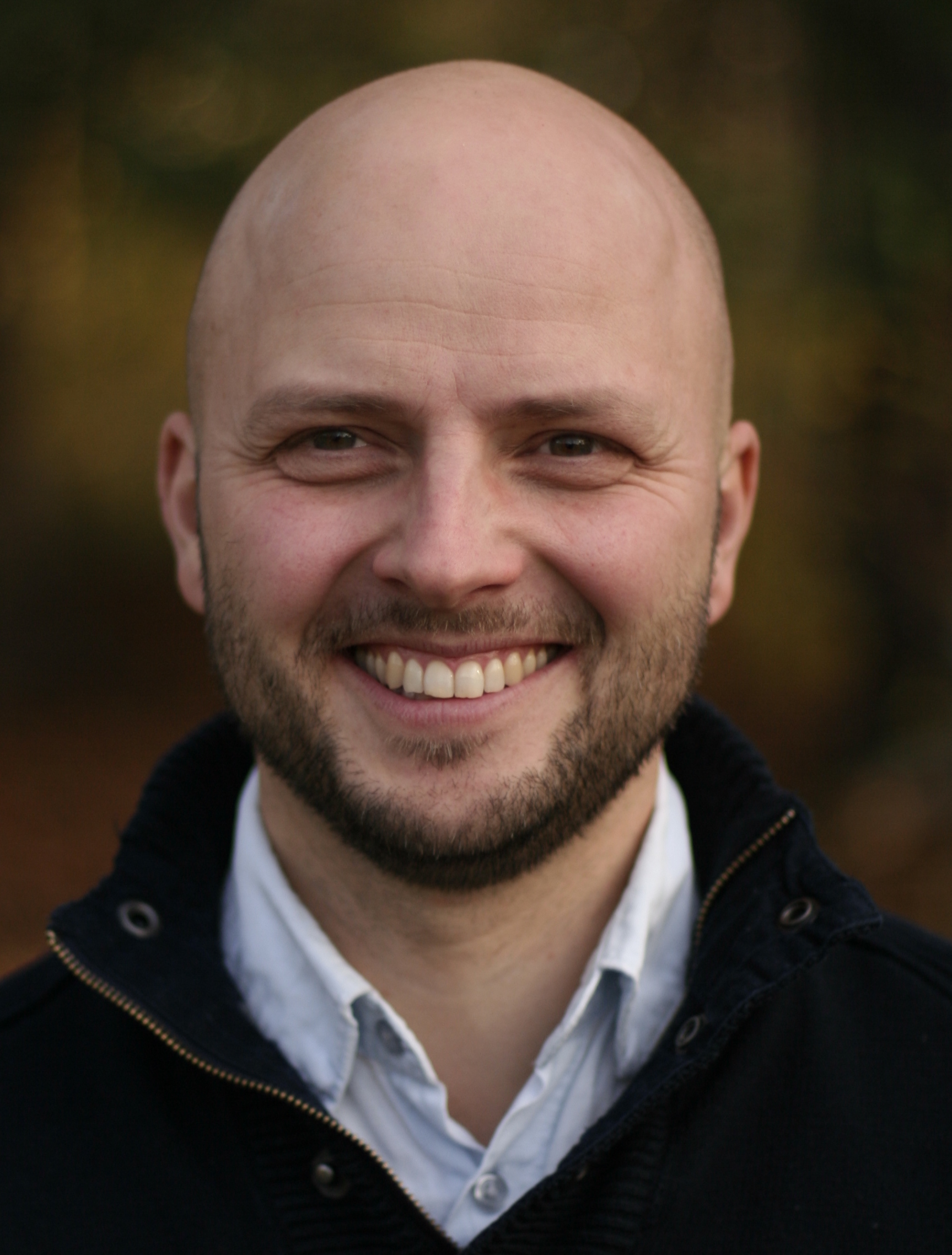
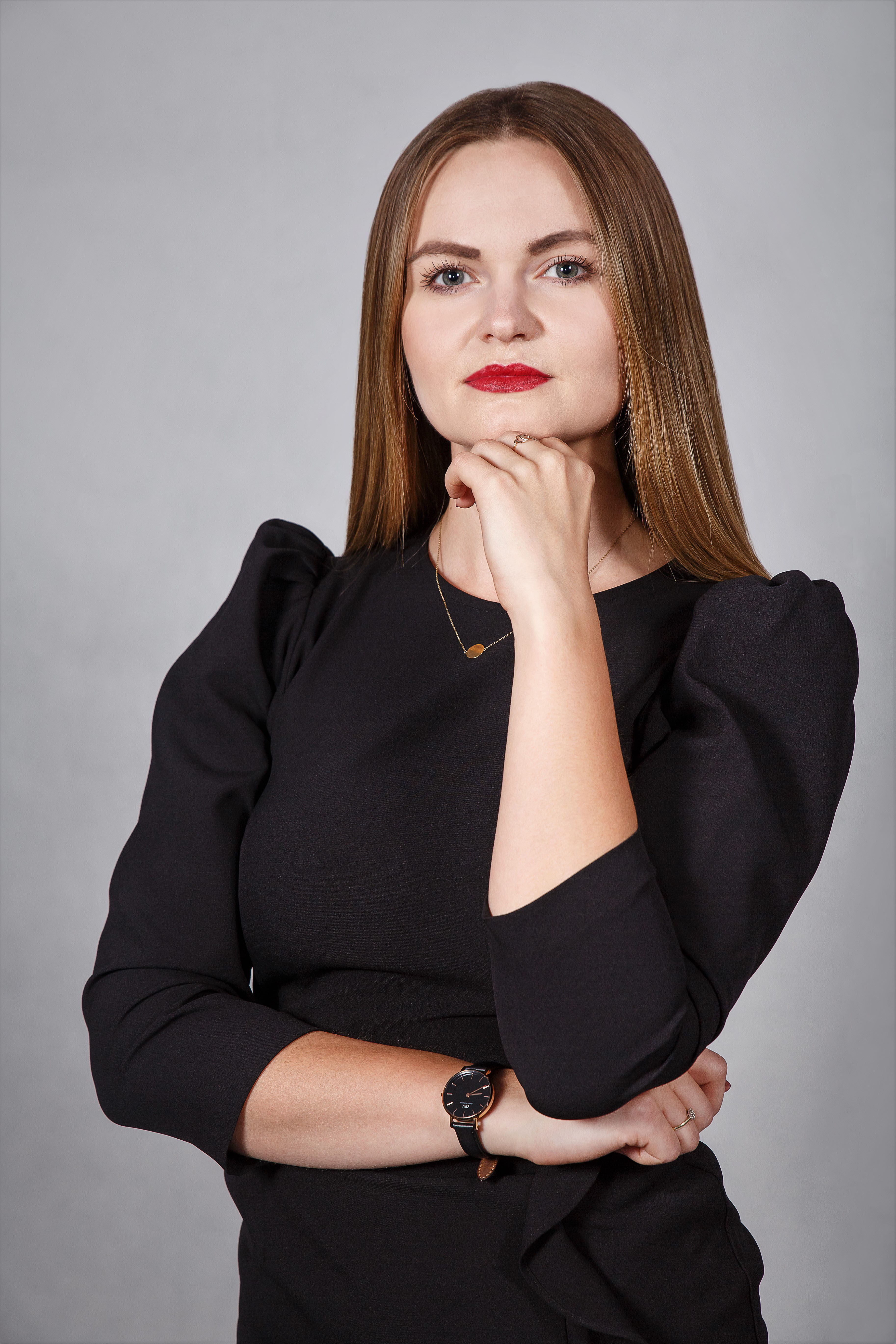
View the results of our work
The effects of our work can be followed on the project website: https://comobility.edu.pl/en/homepage/, in particular in the tabs News and Publications. We continuously publish information about our activities and reports summarising their effects. Every month a newsletter appears on the website, in which we collectively describe the events of a given month.
In cooperation with CWiD UW we created several films, in which you can find out:
- the subject of our project ("Fairy Tale about Princess Tosia"),
- what schools are participating in the project ("Interviews with the directors of CoMobility schools")
- what the workshops in schools look like ("Report from the field research"),
- and how to do research with the youngest children ("How friendly is the road to our school?", "How safe is the area around our school?", "How can we show different data?").
What problem is addressed by the project?
CoMobility is an international research project in which we want to find out what can be done to make city dwellers choose alternative means of transport instead of the car. We analyse attitudes and behaviours related to mobility, and identify barriers and opportunities to the uptake of different modes of transport in three specific neighbourhoods of selected public schools. We are looking for actions that will facilitate a sustainable change in transport mode habits. Together with local communities, businesses and public administrations, we want to co-create climate-neutral solutions.
At the heart of CoMobility is the co-creation process: researching, testing and implementing solutions in close cooperation with citizens, municipalities, businesses and other stakeholders at every stage. We plan to develop a set of methods for co-creating new transport solutions and tools for assessing their impact on air quality in Warsaw. To evaluate the solutions, we will combine machine learning, urban transport and air quality models that, based on existing data and that collected during the research work, will allow us to determine traffic and air quality depending on the characteristics of residents and transport infrastructure.
Who uses the project results?
We plan to share our Warsaw experience and research results with local governments and other cities in Poland and Europe. The results of the project will be publicly available and discussed during workshop meetings with potential users. We hope that the results of our research will reach a wide range of stakeholders and will translate into improved air quality and, with it, improved health and living comfort for residents.
What was the greatest challenge during project implementation?
During our first year on the CoMobility project, we grappled with a problem that affects us all - the COVID-19 pandemic. We switched to working completely remotely, and moved our research activities online. We only met in person once, and that was in part, which meant that all major research decisions were made remotely. It was not always easy, but we developed methods that translate into effective project activities. However, we are only in 1/3 of the project, so the biggest challenges are still ahead of us.
Our advice for other applicants
The essential thing is a committed team of people who enjoy discussing and working with each other.